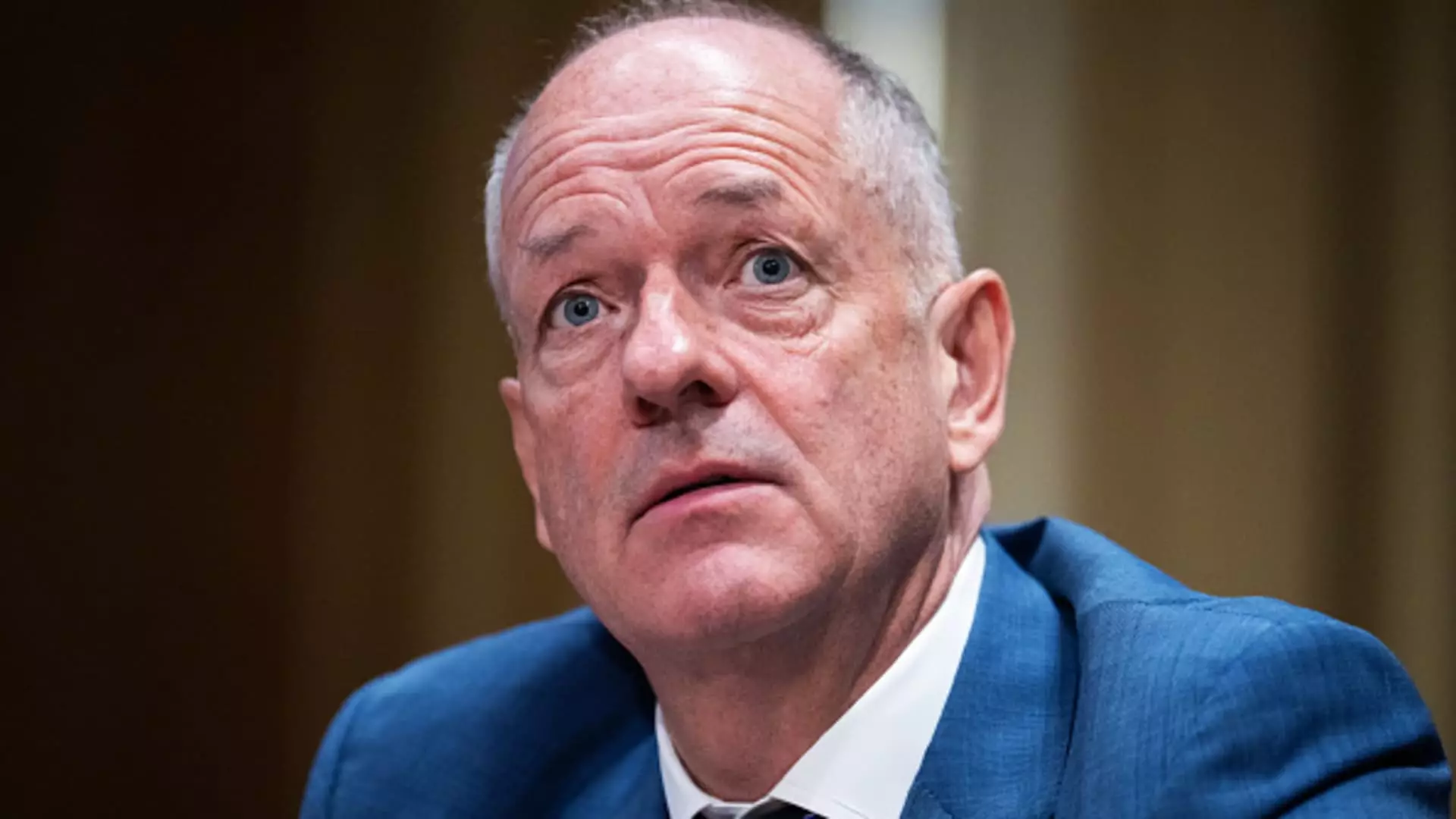The recent death of Brian Thompson, the CEO of UnitedHealthcare, has sent shockwaves through the health care industry, as highlighted by UnitedHealth Group CEO Andrew Witty. In a poignant New York Times opinion piece, Witty not only mourned Thompson’s passing but also spotlighted systemic issues within the U.S. health care framework. He articulated a powerful sentiment when he stated that the current system is “flawed” and acknowledged the widespread frustrations that patients experience. This tragic event has become a catalyst for a broader discussion around the necessity of reform in health care delivery.
Witty’s assertion that the American health care system is akin to a “patchwork built over decades” resonates deeply in conversations about health policy. Instead of a cohesive, integrated approach to health services, the system is a convoluted assembly of various insurers, policies, and regulations that often leave patients bewildered. Few would argue that the current system, riddled with complexities and inconsistencies, falls short of providing efficient and accessible care. The challenges are numerous—ranging from soaring premiums and confusing policies to unexpected out-of-pocket expenses that often catch patients off guard, all of which contribute to a climate of mistrust and dissatisfaction.
In his comments, Witty emphasized UnitedHealth Group’s mission to improve the system, highlighting the importance of collaboration among all stakeholders, including providers, employers, and patients. This call to partnership presents an opportunity for a more transparent dialogue on health care practices and policies. Witty’s willingness to engage with various parties indicates a progressive approach to mediating the complexities that patients face. However, it’s crucial to recognize that change must come from more than just insurance companies; it requires concerted efforts from government entities, healthcare providers, and communities to ensure meaningful reform.
The narrative surrounding Thompson’s tragic demise reflects a wider cultural anger toward the insurance industry, exacerbated by numerous accounts of poor experiences with health care coverage. Many Americans voice frustration over denied claims or lack of clarity regarding what their policies actually cover, leading to a growing resentment towards insurers. This sentiment has been particularly fierce on social media, where patients share their stories and grievances. Such platforms have become modern-day forums for not only airing concerns but also mobilizing advocacy for a system overhaul.
As the healthcare landscape continues to evolve, it’s clear that insurers like UnitedHealth Group must adapt to meet the expectations of today’s consumers. Witty acknowledged the need for better communication regarding coverage decisions, urging a comprehensive and transparent understanding of the criteria that guide these decisions. Establishing clearer lines of accountability will be essential for restoring trust between patients and insurers.
In the wake of Thompson’s untimely death, the industry finds itself at a crossroads, presenting an opportunity for leaders to grasp the momentum and champion significant changes. Only through collective efforts can the U.S. health care system transition from its flawed past to a future defined by efficiency, transparency, and compassion in patient care. The challenge is great, but in remembering leaders like Thompson, there is a chance to aspire toward a system that genuinely serves its people.

